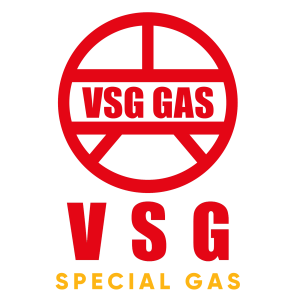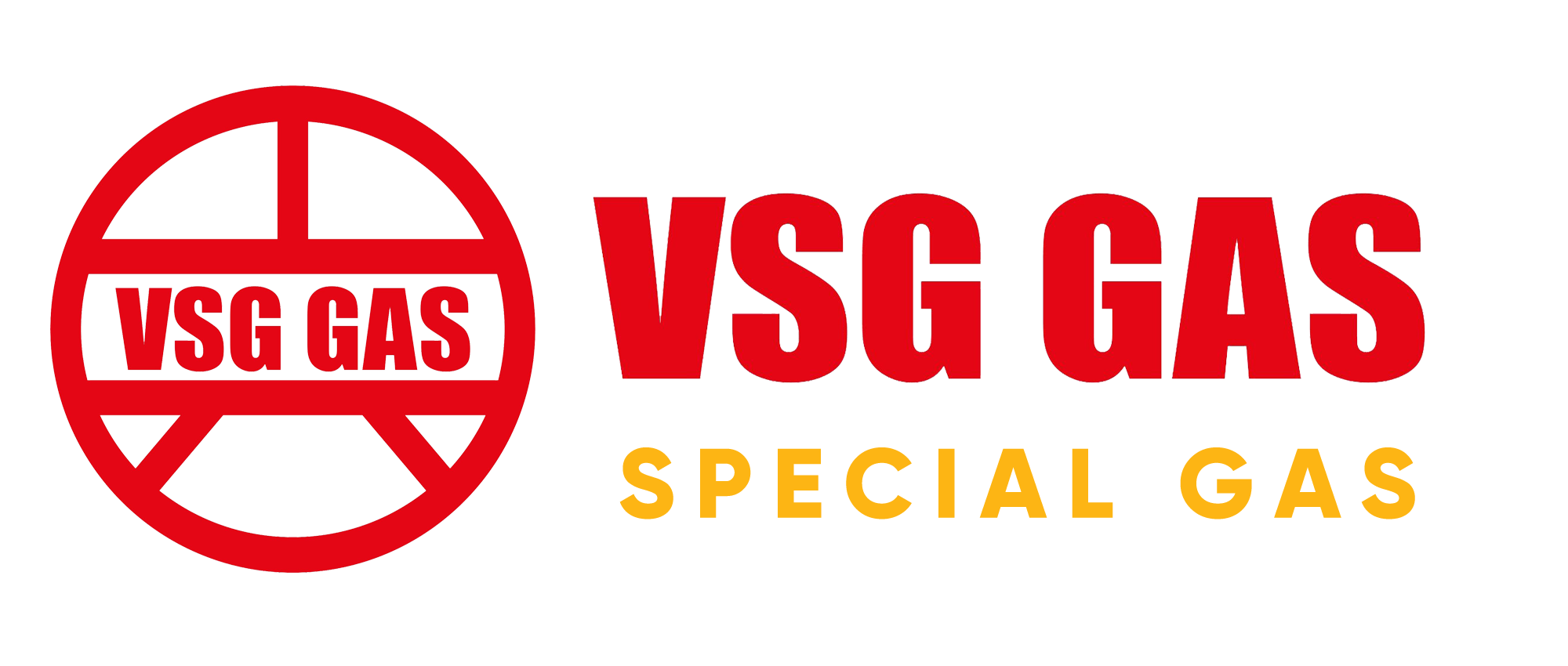Boron Trichloride (BCl3) is a significant inorganic chemical compound used extensively across various industries, especially in semiconductor technology and chemical manufacturing. This colorless gas has strong corrosive properties and reacts violently with water to produce hydrochloric acid and boric acid.
- Chemical and Physical Properties
BCl3 is a compact molecule with a trigonal planar structure, consisting of one boron atom bonded to three chlorine atoms. This gas is colorless, has a pungent odor, and is one of the most common boron chloride compounds. BCl3 is highly corrosive and reacts vigorously with water, requiring storage in dry conditions and corrosion-resistant containers.
Key Specifications:
- Chemical Formula: BCl3
- State: Colorless gas
- Density: 1.349 g/L (at 0°C and 1 atm)
- Boiling Point: 12.6°C
- Melting Point: -107°C
- Industrial Applications
Semiconductor Industry: Boron Trichloride plays a crucial role in the semiconductor industry, particularly in the etching processes of semiconductor wafers. BCl3 is used to remove metal oxides from silicon surfaces, creating the clean structures necessary for fabricating modern microchips and electronic devices. BCl3’s ability to create impurity-free surfaces is a key factor in enhancing the performance of electronic components.
Chemical Industry: In the chemical industry, BCl3 is utilized to synthesize various boron-containing compounds, including boric acid and organoboron compounds. BCl3 also acts as a catalyst in certain organic reactions, improving the efficiency and speed of chemical processes.
Other Applications: BCl3 is also used in producing aluminum-boron alloys, which are lightweight yet durable, making them valuable in the aerospace and defense industries. Additionally, BCl3 is employed in manufacturing high-purity glass and ceramics, where quality and purity are paramount.
- Safety and Storage
Due to BCl3’s corrosive and toxic properties, handling and storing this gas require extreme caution. Workers must use personal protective equipment, including masks, gloves, and protective clothing, when working with BCl3. Storage of BCl3 should be in specialized containers that are corrosion-resistant and ensure no moisture exposure.
Moreover, the work area must be equipped with effective ventilation systems to ensure clean air and minimize exposure risks. In case of skin or eye contact with BCl3, immediate flushing with water and medical attention are necessary.
- The Future of BCl3 in Industry
BCl3 remains a critical chemical in cutting-edge industries, particularly as semiconductor technology continues to evolve. The demand for high-performance microchips and electronic devices drives the use of BCl3 in advanced manufacturing processes. Furthermore, as research into new materials progresses, BCl3’s role in the chemical industry and advanced materials production is expected to expand.
Boron Trichloride (BCl3) is a chemical compound with numerous important applications in the semiconductor, chemical, and advanced materials industries. Despite its hazardous chemical properties, when used correctly and with proper safety measures, it offers substantial benefits to industrial processes. With its increasing importance in high-tech manufacturing, BCl3 will continue to be an indispensable partner in modern industry.








